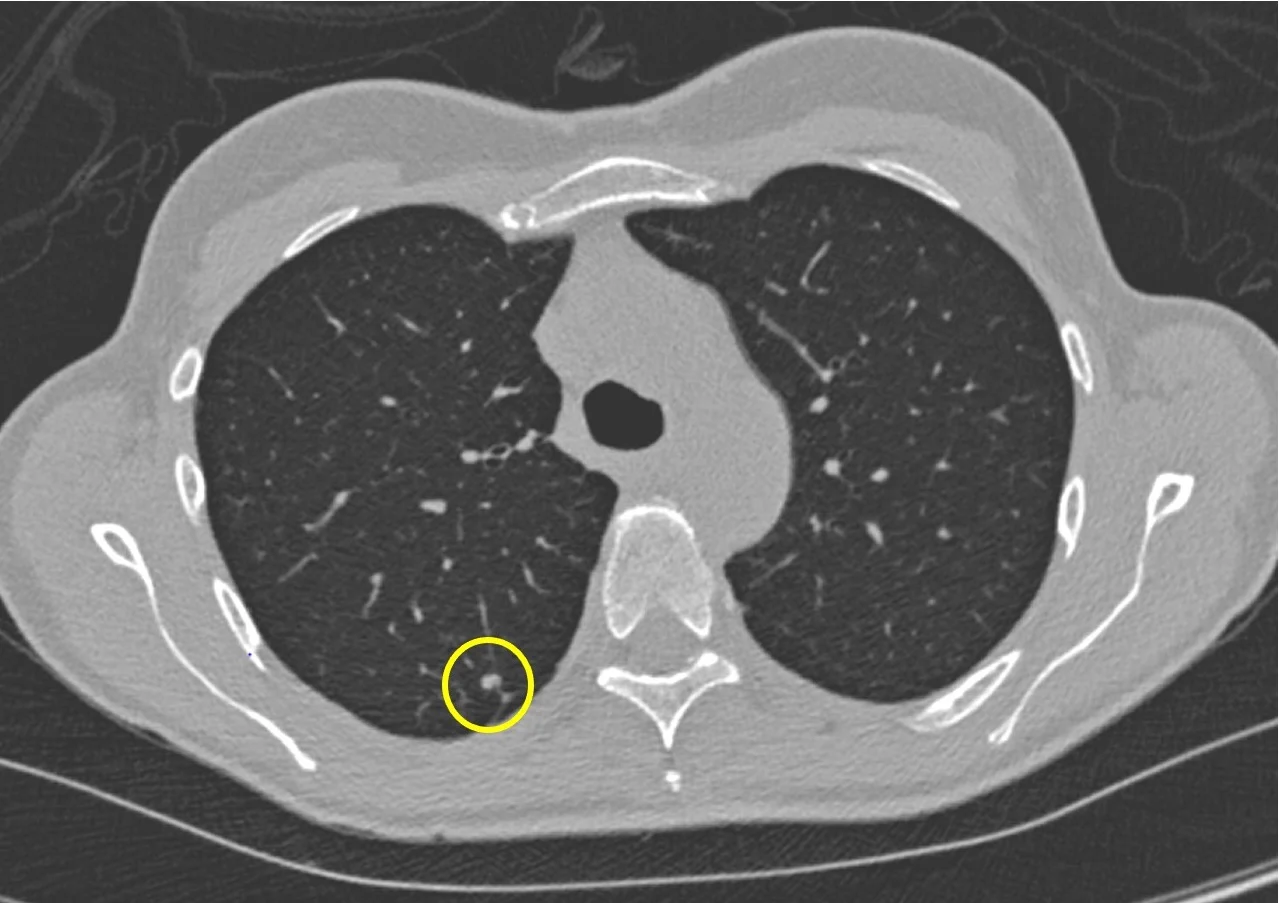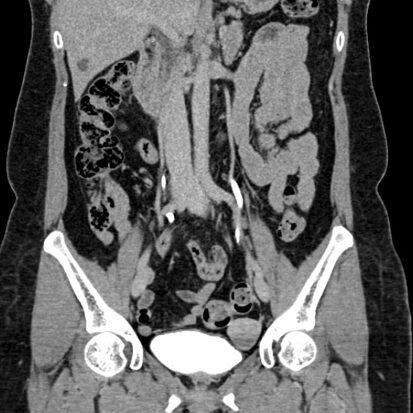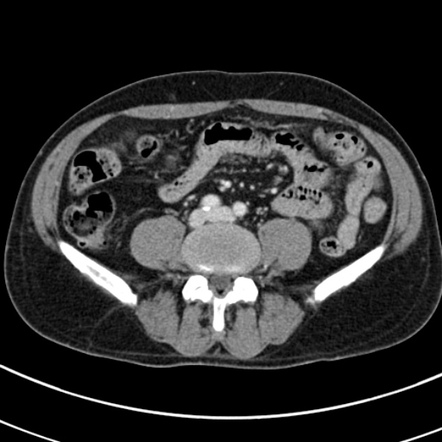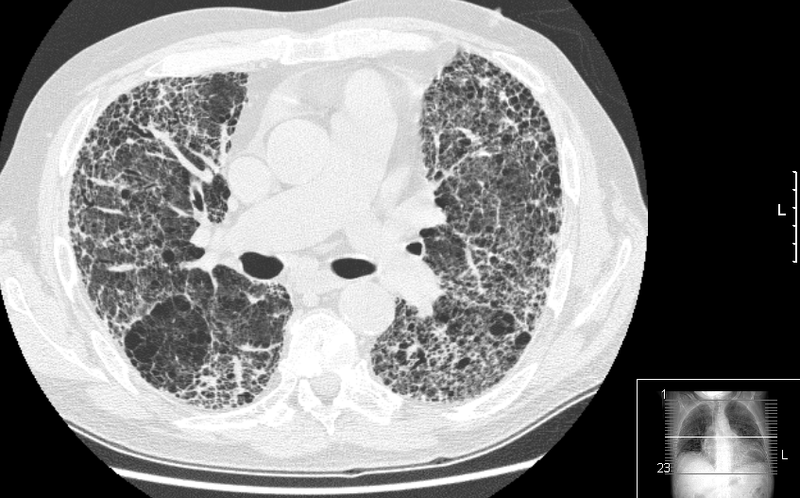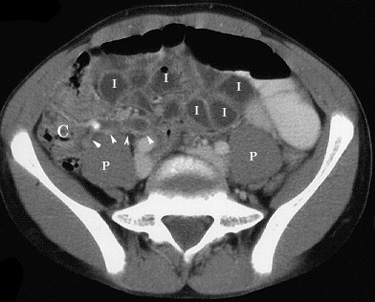CT (computed tomography) imaging plays a pivotal role in the detection, characterization, and staging of various cancers throughout the body. The ability of CT scans to provide detailed cross-sectional images makes them valuable tools in the diagnosis and management of cancer. Here are some common cancers and how CT is utilized in their evaluation:
- Lung Cancer:
- Detection: CT of the chest is commonly used to detect lung nodules and assess the extent of lung involvement.
- Staging: CT helps determine the stage of lung cancer by evaluating lymph nodes and potential metastases to other organs.
- Colorectal Cancer:
- Detection: CT colonography (virtual colonoscopy) can visualize the colon for the presence of polyps or masses.
- Staging: CT is used to stage colorectal cancer, assessing the size of the tumor, involvement of nearby structures, and the presence of metastases.
- Breast Cancer:
- Staging: CT may be used to evaluate the chest, abdomen, and pelvis for distant metastases in advanced breast cancer cases.
- Follow-up: CT can be part of the imaging protocol for monitoring treatment response and recurrence.
- Liver Cancer:
- Detection: CT helps identify liver tumors, including hepatocellular carcinoma (HCC) and metastatic lesions.
- Characterization: CT assists in characterizing liver lesions and determining their vascularity.
- Pancreatic Cancer:
- Detection: CT is commonly used to visualize the pancreas and detect pancreatic tumors.
- Staging: CT helps determine the extent of pancreatic cancer involvement and assess the involvement of nearby structures and blood vessels.
- Ovarian Cancer:
- Detection: CT can be used to identify ovarian masses and assess their characteristics.
- Staging: CT aids in staging ovarian cancer, evaluating the spread of the disease to other pelvic and abdominal structures.
- Prostate Cancer:
- Staging: In advanced cases, CT may be used to assess the extent of prostate cancer and identify metastases.
- Kidney Cancer:
- Detection: CT is effective in detecting renal masses and assessing their characteristics.
- Staging: CT helps determine the stage of kidney cancer by evaluating the size of the tumor and its invasion into surrounding structures.
- Gastrointestinal Cancers:
- Esophageal, Gastric, and Colorectal Cancers: CT assists in staging and assessing the extent of involvement in these gastrointestinal cancers.
- Liver Metastases: CT is used to detect metastases to the liver in various gastrointestinal cancers.
- Head and Neck Cancers:
- Throat, Oral, and Laryngeal Cancers: CT is used to assess the primary tumor and evaluate lymph nodes in the neck for metastasis.
The utilization of CT in cancer diagnosis and management is part of a broader approach that may include other imaging modalities, such as MRI, PET-CT, and ultrasound. The choice of imaging depends on the type of cancer, its location, and the specific clinical questions to be answered. The information gathered from CT scans assists healthcare professionals in making informed decisions regarding treatment planning, surgery, and ongoing monitoring of cancer patients.

